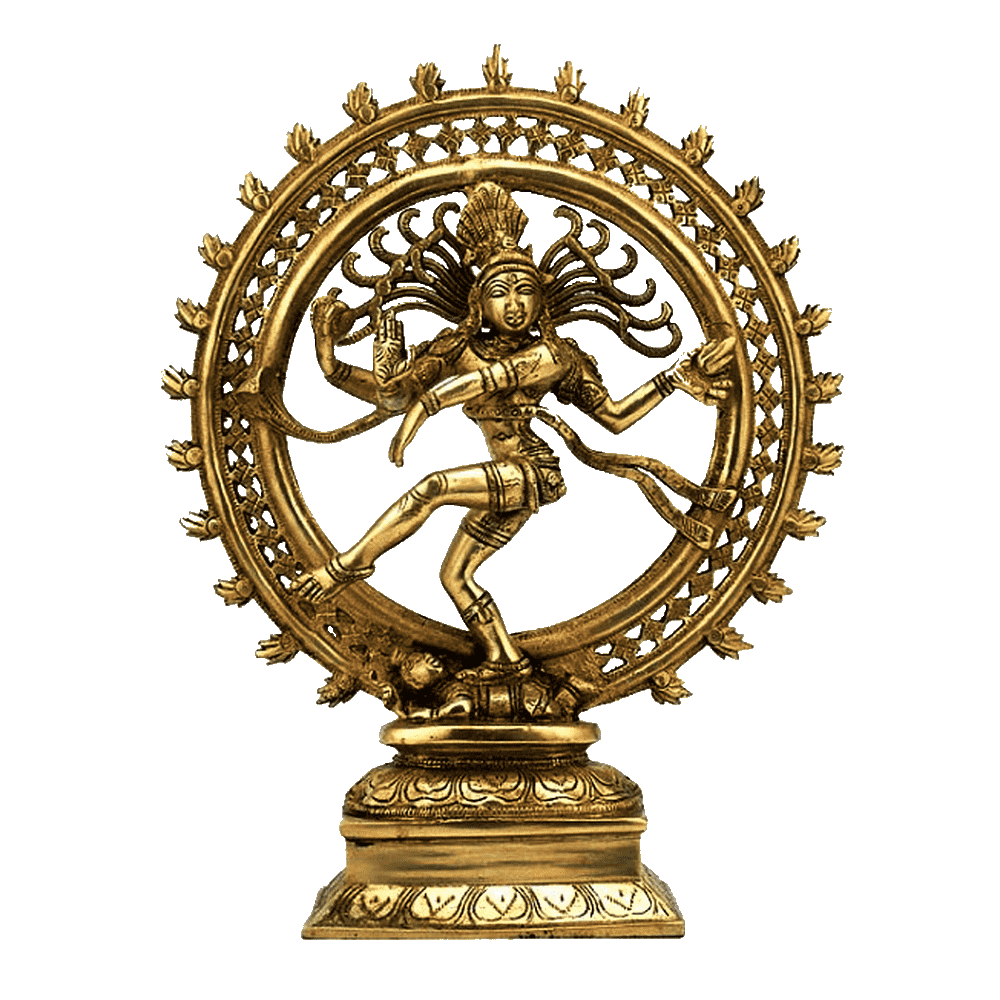
Rudra Tantras
Unraveling the Mystical Worship of Lord Rudra, the Fierce Aspect of Shiva
Abstract:
Rudra Tantras constitute a profound and revered branch of the Tantric tradition within Hinduism, devoted to the worship of Lord Rudra, the fierce and powerful aspect of Shiva. This article delves into the origins and context of Rudra Tantras, highlighting key themes and teachings found in these texts. It explores the enduring significance of Rudra Tantras in contemporary spiritual practices, offering seekers a transformative pathway to connect with the divine energy of Lord Rudra and embrace the transformative power of Shiva.
Introduction:
Rudra Tantras hold a sacred place within the rich tapestry of Tantric traditions, centered around the worship of Lord Rudra, who embodies the primal and fierce aspect of the supreme deity, Shiva. The term “Rudra” in Sanskrit signifies the roaring or fierce form of Shiva, representing the force of destruction and transformation. In this article, we embark on a journey to explore the essence of Rudra Tantras, their origins, and their enduring significance in guiding seekers towards the transformative power of Shiva.
Origins and Context:
Rudra Tantras find their origins in the ancient Tantric practices that venerated Shiva in his fierce form as Rudra, the lord of destruction and dissolution. The worship of Rudra dates back to ancient times when practitioners sought to invoke his power for spiritual transformation and inner purification.
The Rudra Tantras emerged during the medieval period in India as part of the broader Tantric movement that explored the mystical and transformative dimensions of spiritual practice. These texts were revered for their potent rituals, mantras, and meditation techniques, which were believed to lead seekers towards profound spiritual insights and experiences.
Key Themes and Teachings:
Rudra Tantras encompass several key themes and teachings that form the essence of this sacred path:
Worship of Lord Rudra:
The central focus of Rudra Tantras is the worship of Lord Rudra, invoking his fierce energy for spiritual growth and inner transformation. Devotees seek his grace and blessings to overcome obstacles and attain liberation.
Nada Yoga and Meditation:
Rudra Tantras emphasize the practice of Nada Yoga, the yoga of sound, and meditation to connect with the divine energy of Lord Rudra. Chanting of powerful mantras and sacred syllables is considered a potent means to access his transformative power.
Self-Realization and Liberation:
Rudra Tantras expound on the path of self-realization and liberation through the grace of Lord Rudra. Seekers are guided to dissolve their ego and embrace the cosmic consciousness represented by Shiva.
Enduring Significance:
The enduring significance of Rudra Tantras lies in their ability to offer seekers a transformative and profound connection with the fierce aspect of Shiva, Lord Rudra. The worship of Rudra is believed to grant devotees spiritual purification, inner strength, and a deeper understanding of the impermanence of the material world.
In contemporary spiritual practices, the worship of Lord Rudra continues to inspire sincere seekers to seek divine grace and embrace the transformative power of Shiva.
Conclusion:
Rudra Tantras offer a profound and transformative path of worshiping Lord Rudra, the fierce aspect of Shiva. These sacred texts and practices provide seekers with a transformative journey towards embracing the divine energy of Shiva and realizing the impermanence of the material world. The enduring significance of Rudra Tantras lies in their ability to guide seekers towards spiritual purification, inner strength, and self-realization. In a world seeking spiritual transformation and liberation, the teachings of Rudra Tantras serve as a profound and transformative pathway towards embracing the transformative power of Lord Rudra and the eternal consciousness of Shiva.
Editor – Kaalchakra Team
[ Note – Before Concluding anything as a Finale, Please Go through Original Scriptures of Vaidik Literature Written in Sanskrit and Also with Meaning of That time of Language. Because English is a Limited language to Explaining the Deeper Knowledge of Vaidik Kaal. ]
